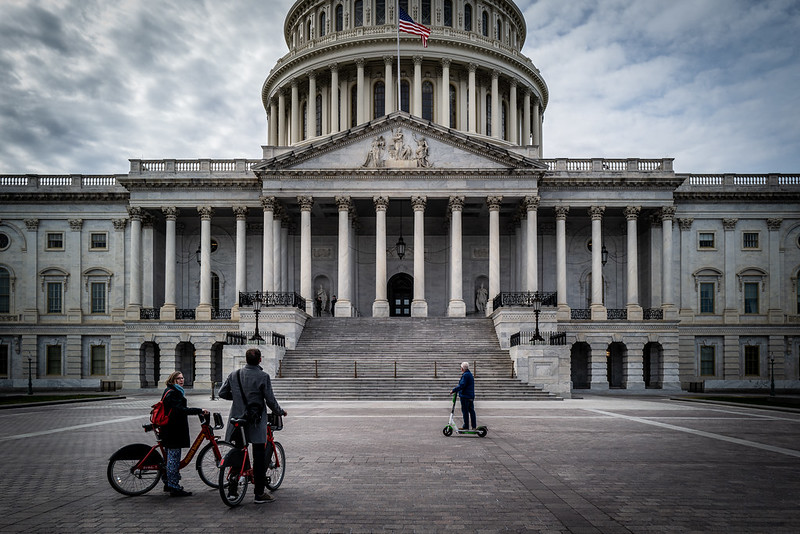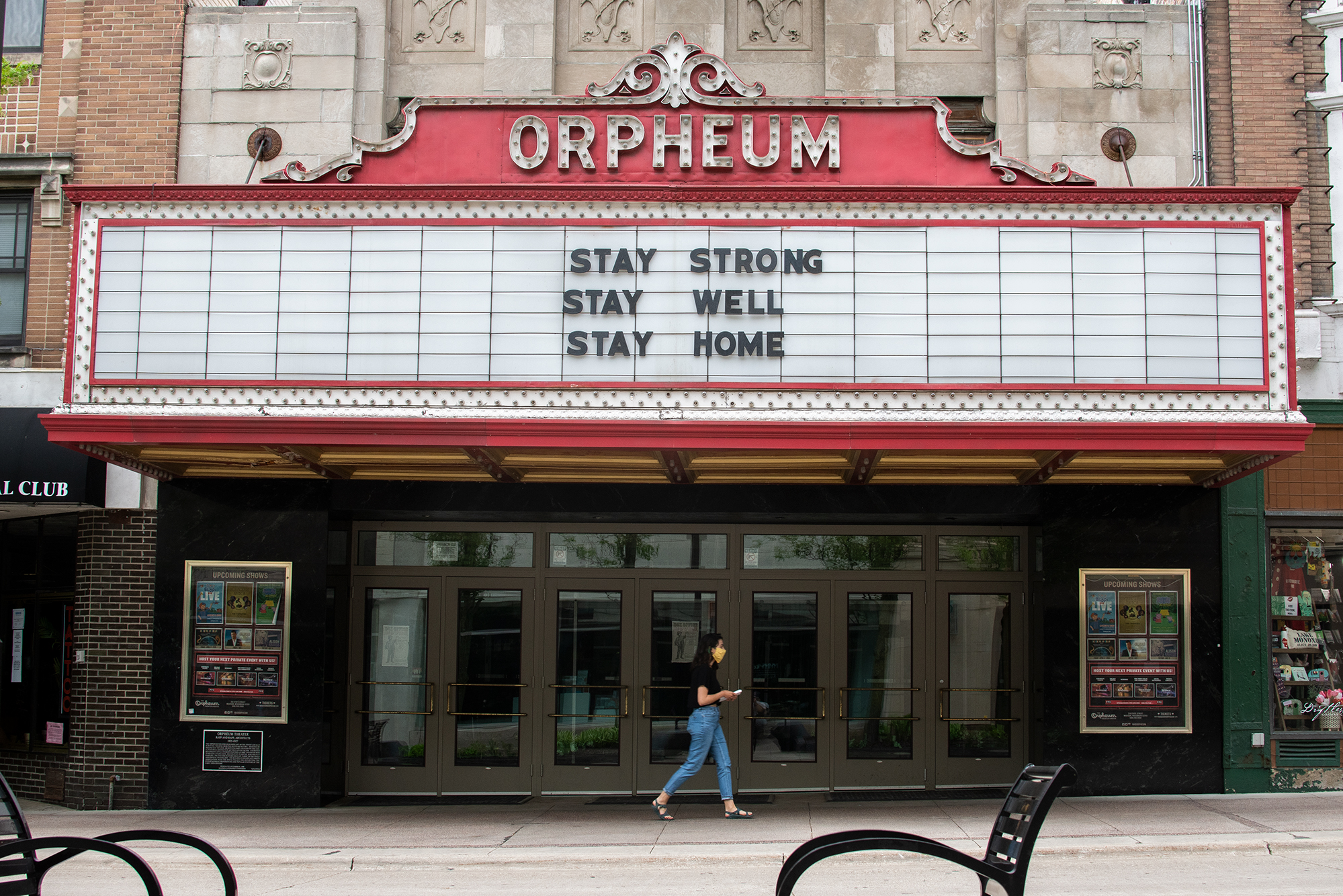
Each spring semester, Northwestern University in Qatar (NU-Q) sends its journalism students, typically juniors, on 10-week-long academic internships across the globe, with destinations including New York, Washington, D.C., and London, to name a few.
Last October, I found out I would be returning to D.C. for my internship in February, nearly eight years after I first visited. This was all I could hope for: I knew the city, had friends around, and for the first time, would be living by myself.
A month later, everything had changed.
"It's Only in China"
Initially, I brushed off the spread of the coronavirus as being limited to China. Over the next month, the virus spread across Europe, across the United States, and eventually, across the globe, including Qatar. By the second week of March, work had moved from the office to the digital space—and the numbers still grew.
Choices and Uncertainty
Soon after, our university's acting dean, Craig LaMay, issued two statements over the course of two days; the first, on March 12, asking us to choose between staying in the States (and elsewhere) or traveling to Qatar (or returning home); the second, two days later, urging us to return. While my initial plan was to stay, I had to abruptly change my plans, and the university booked me a flight for March 16.
Just as I had checked out of my Airbnb and was heading to the airport, the Qatari government announced they would be blocking all non-citizens before suspending flights later that week.
Some of my friends did make it to Qatar—they had taken a flight back the day before. But, by a margin of a few hours, I was stranded, not knowing where to go or what to do.
Had I made it back, I would have continued working remotely with the Pulitzer Center (despite the seven-hour difference), but now I was unable to go home, and I didn't know if I would have a place to stay once the booking changes went through.
Canceled
Just a few days prior, mass cancellations had begun—the James Arthur concert at The Fillmore in Silver Spring I was excited for, and then, in the span of a week, all major sports.
At the same time, I worried if my internship might be cut short. And what about current college seniors, some of whom were doing internships?
Farah Al-Sharif, a senior at NU-Q, was working in D.C. as an intern with the foreign affairs desk at Vox. When she started her internship in February, the spread of the coronavirus was not a major concern. However, "it was kind of like, in the back of my head," she said.
Al-Sharif left before acting Dean LaMay's announcements. She explained her decision came over travel concerns, as her father was stuck in Kuwait following that country's border closure, and her mother was back in Qatar. "I was glad that I was able to [travel back]," she said.
Since her return, Al-Sharif has been taking time to focus on her mental health and her family, and she is no longer continuing her internship.
Other NU-Q students, such as Hanmin Kim, an intern at Voice of America, have continued working remotely.
A Sense of Loss
For the graduating class of 2020 across the world, the sudden shifts to a digital world have led to a sense of loss.
At NU-Q, major events that celebrate student work—the Studio20Q Premiere, and the Media and Research Awards— were canceled amid coronavirus concerns, as was the graduation ceremony, all usually scheduled in early May.
"We lost our last memories and moments together," Wijdan Al-Khateeb, a communications senior at NU-Q, said.
In an earlier tweet, Al-Khateeb expressed her concerns over event cancelations by the university but added she hopes for them to be moved online or postponed. While NU-Q has canceled graduation, the Northwestern main campus has moved the ceremony online.
While the finals period began earlier this week, NU-Q is still working to address concerns over postponed events. However, an update by acting Dean LaMay noted the university is planning for remote operations extending into the fall.
The Now
For Michael McCann, a freelance sports journalist based in London, the financial impact of the coronavirus has been huge and sudden. "I lost all of my upcoming bookings across the next four months in about a period of three of four days," he said.
McCann, who has been freelancing in the sports industry since 2015, noted that the industry is volatile under "normal" conditions, and "the crisis of a global pandemic takes that uncertainty to a whole other level."
As a result, "the issue [of sports cancellations] is bigger than me as an individual," he added.
Following the disruption, McCann has been working as a presenter and host for the European Cricket Network series European Cricket Studio, launched after the cancelation of the European Cricket League, which McCann was originally scheduled to cover.
However, he is skeptical of how the world of sports media might look like post-pandemic. "The longer this goes on, the more companies will have to make difficult decisions," he said.
Thinking About the Future
While the spring typically involves job hunting for graduating seniors, students have altered their plans due to declining revenues, layoffs, and an uncertain job market.
Finding a job is "not even on my agenda anymore," Al-Sharif said, adding that she intends to focus on volunteering and continuing her studies.
For all of us, the future remains uncertain.
Update—April 25, 2020: While the original duration of the program was 10 weeks, the Pulitzer Center and NU-Q have been able to support me in extending my visa and internship as we navigate these difficult times.









